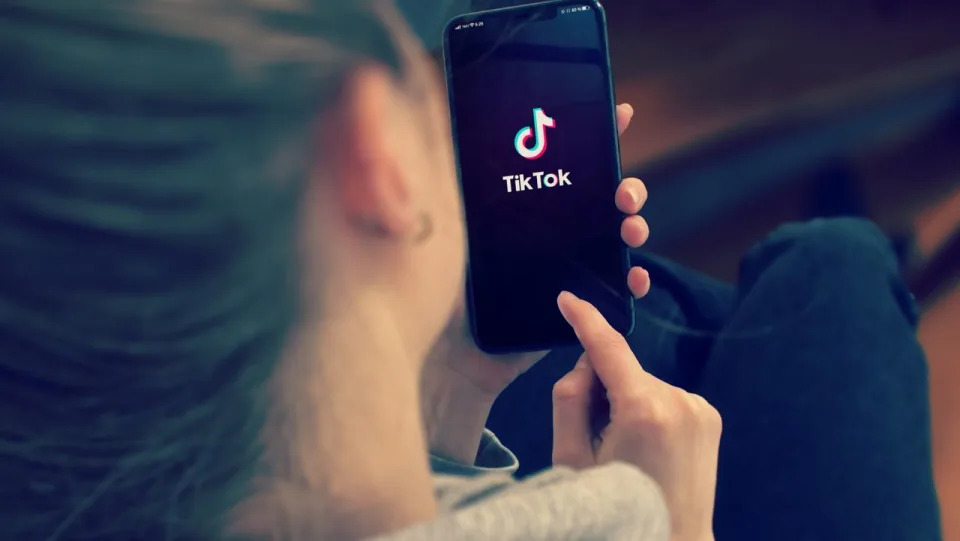TikTok filed a lawsuit Monday against Montana over a bill that would ban the popular short-form video app in the state starting early next year.
TikTok alleges the ban violates the U.S. Constitution, including the First Amendment, as well as other federal laws, according to a lawsuit filed in Montana District Court. The company also claims that concerns that the Chinese government could access TikTok’s U.S. user data – which are a key motivation behind the ban – are “unfounded.”
The bill was signed into law by Montana Governor Greg Gianforte last week, and would impose a $10,000 per day fine on TikTok or app stores for making the app available on personal devices in the state starting January 1, 2024.
“We are challenging the unconstitutional ban on TikTok in Montana to protect our business and the hundreds of thousands of TikTok users in Montana,” said Brooke Oberwetter, spokesperson for TikTok, in a statement. “We believe our legal challenge will prevail based on an exceedingly strong set of precedents and facts.”
Emily Flower, spokeswoman for Montana’s attorney general, told CNN, “We expected appeals and are fully prepared to defend the law that helps protect the privacy and security of Montanans.”
TikTok is seeking to have the court invalidate and permanently enjoin Montana from enforcing the ban.
Montana governor bans TikTok Montana’s TikTok ban.
Montana’s law stems from growing criticism of TikTok for its ties to China through its parent company, ByteDance. Many U.S. officials have expressed fears that the Chinese government could access U.S. data through TikTok for espionage purposes, although there is no evidence that the Chinese government has ever done so. Some federal lawmakers have also called for a ban.
Montana’s ban went a step beyond other states that have restricted the use of TikTok on government devices. But legal and technology experts say Montana, or any other state, has a hard time enforcing such a ban. Even if the law is allowed to stand, the practicalities of the Internet may make it impossible to keep TikTok out of users’ hands.
TikTok claims in the complaint that the app is used by “hundreds of thousands” of people in Montana to “communicate with each other and others around the world on an infinite variety of topics, from business to politics to the arts.”
“This extreme and unprecedented move to ban an important platform for First Amendment speech, based on unfounded speculation about possible foreign government access to user data and speech content, is wholly inconsistent with the Constitution,” TikTok said in the lawsuit.
See what your teen might see on TikTok How would it impact businesses if TikTok is banned? 1:55 China reacts to the ban
Upon learning of the social network’s lawsuit, China’s Foreign Ministry said Tuesday that the banning of TikTok in Montana is an “abuse of state power” and goes against the will of the people.
“I want to emphasize that the U.S. side has not provided any evidence to prove that TikTok poses a threat to U.S. national security,” Chinese Foreign Ministry spokeswoman Mao Ning said at a regular briefing.
Mao added that Montana’s ban is an “abuse of state power to crack down on the hegemonic behavior of foreign companies. What the U.S. has done is against the will of the people and undermines the credibility of the United States.”
TikTok’s legal challenge is indicative of the hurdles Montana and other lawmakers could face in trying to restrict the platform in the United States. A group of TikTok creators also sued Montana last week over the state’s ban, saying it violates their First Amendment rights.

